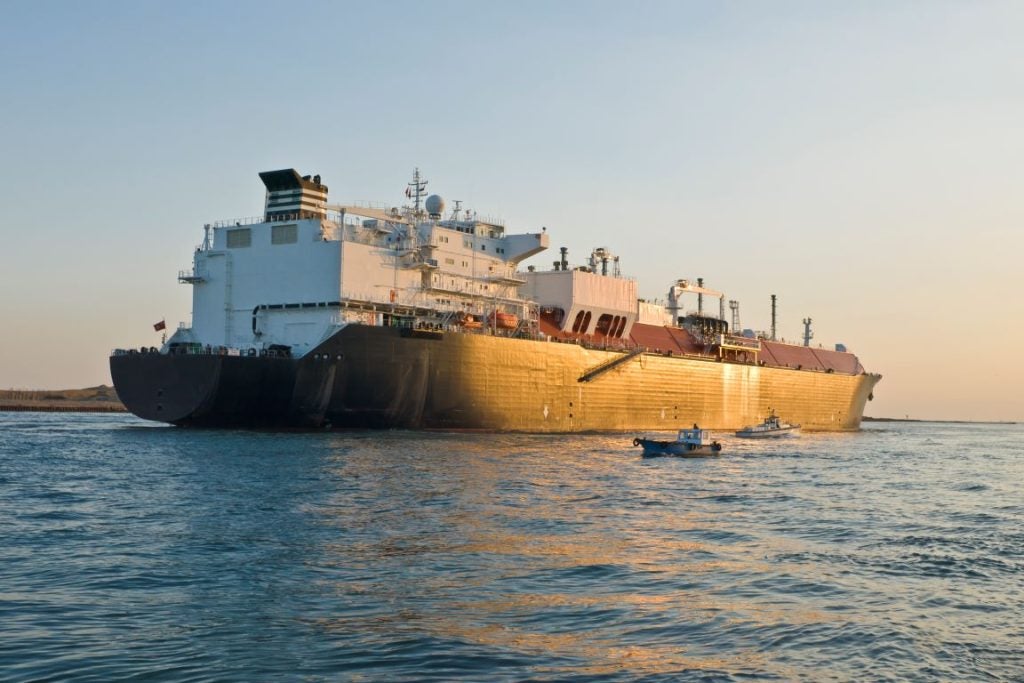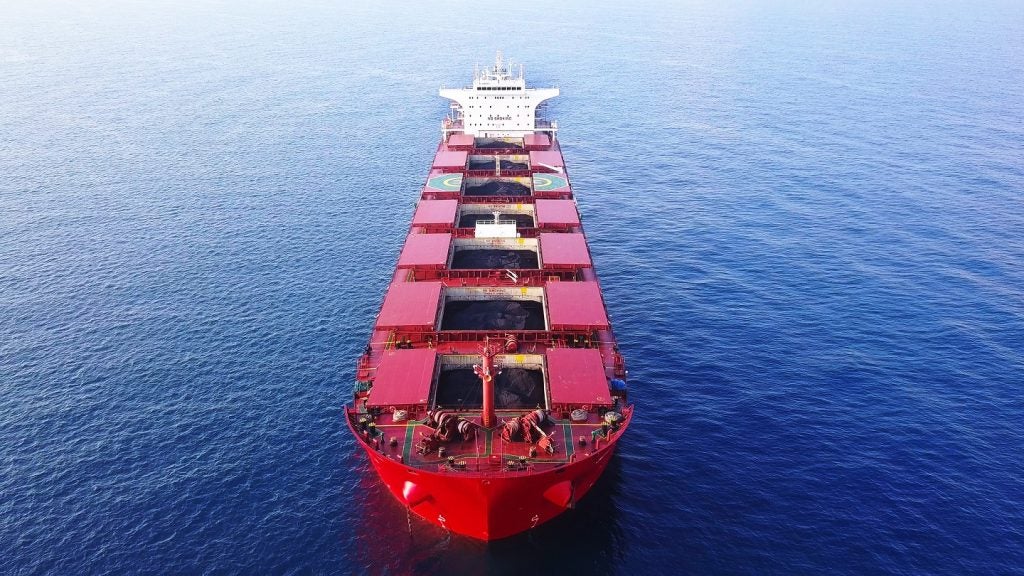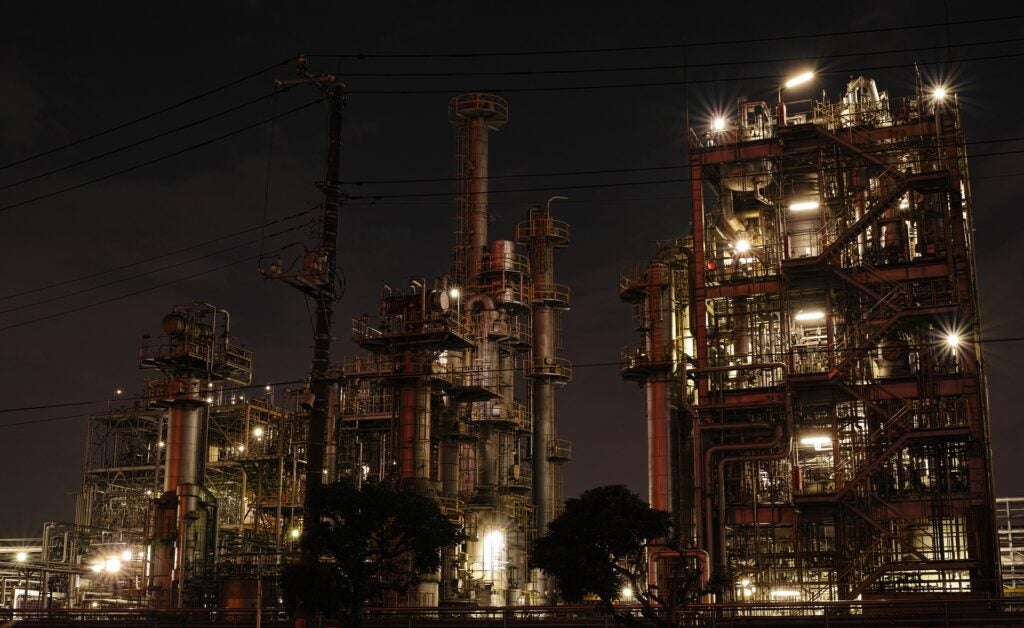An anti-ship cruise missile fired by Yemen’s Houthis at a US destroyer in the Red Sea on Sunday was shot down by a fighter jet amid the Israel-Palestine war, officials said.
In a major retaliation strike involving fighter jets and Tomahawk missiles launched from warships and submarines, US and British forces bombed more than a dozen locations in Yemen used by the Houthis on Thursday, according to US officials.
More than 60 targets across 16 locations were fired at in Yemen, which was “a follow-on action on a specific military target associated with strikes designed to degrade the Houthis' ability to attack maritime vessels, including commercial vessels", according to the US Central Command.
At 3:45 a.m. (Sana’a time) on Jan 13., U.S. forces conducted a strike against a Houthi radar site in Yemen. This strike was conducted by the USS Carney (DDG 64) using Tomahawk Land Attack Missiles and was a follow-on action on a specific military target associated with strikes… pic.twitter.com/YE5BKJLGBv
— U.S. Central Command (@CENTCOM) January 13, 2024
The attacks in the Red Sea have increased the cost of commodities and prolonged the time it takes for goods to be transported between East Asia and Europe. Both imports and exports from the EU have decreased dramatically since November 2023, according to data from the Kiel Institute for the World Economy.
The ships now make a seven to 20-day diversion around Africa and the Cape of Good Hope rather than passing through the Red Sea, leading to a 1.3% decline in global trade from November to December. Due to the extended delay, freight charges have skyrocketed – a 40ft conventional container travelling from China to Northern Europe now costs more than $4,000, up from $1,500 in November.
Since October, there has been an ongoing campaign of drone and missile assaults on commercial ships by the Houthis.
The US’ coordinated military attack took place barely one week after the Houthis were given a final warning to stop their attacks or risk possible military action by the White House and its allies.
Houthi attacks on commercial and military ships are aimed at pressuring Israel to end its bombardment of the Gaza Strip and enter a ceasefire, according to Houthi officials.
“The Houthis aren’t going to stop what they are doing, until the Israeli offensive in Gaza concludes, and even then, they are likely to continue for some time after,” Gregory Brew, an analyst at the Eurasia Group, told Al Jazeera.















